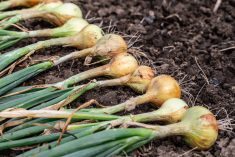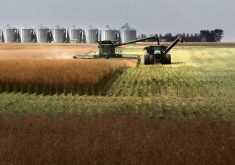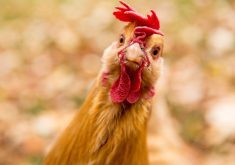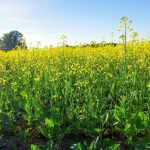About one in six households in Canada experience food insecurity, but economic barriers are not the only obstacles.
According to the Food and Agriculture Organization of the United Nations, food security requires not only economic, but physical and social access to food.
Physical access is related to infrastructure like roads and availability of transportation. Social access is ensuring access to all necessary resources within society for nutritious and culturally appropriate foods.
As we point out in our study, published by Food Secure Canada, food insecurity has root causes in systemic barriers like colonialism, racism and other systems of injustice.
Read Also
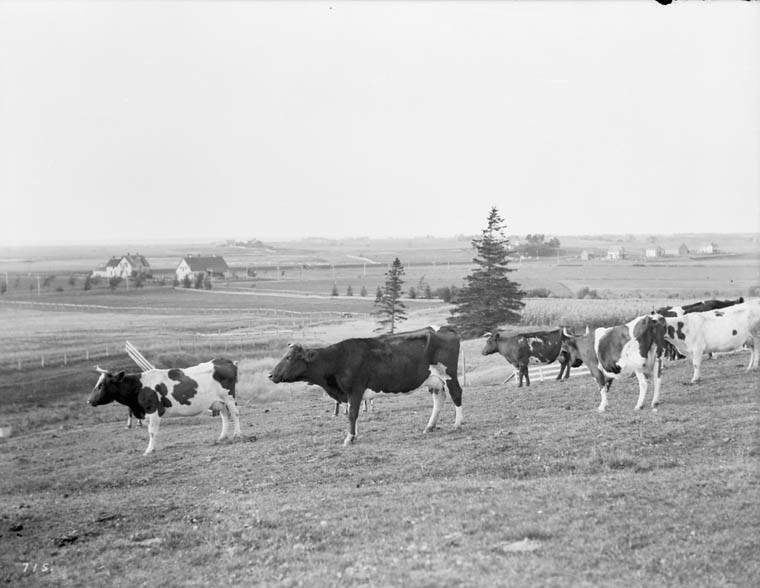
Government silence loud on AAFC cuts
Canada’s federal government trumpets fiscal responsibility; their silence on a day of massive Agriculture and Agri-Food Canada cuts was baffling at best.
Income inequality in Canada has increased over the past 20 years.
For many food activists, CERB (Canada Emergency Response Benefit), introduced during the pandemic, is an example of how a basic income measure can address income inequality. However, statistics show it was ineffective in improving food security for those receiving the benefit.
This suggests that future policies need to better address income disparities. Policies also need to address why certain groups — like Indigenous people living off reserves, recent immigrants and people with disabilities — are consistently among those with low incomes compared to other groups.
The highest percentage of individuals in food-insecure households in Canada are Indigenous (30.7 per cent), Arab or West Asian (27.6 per cent) or Black (22.4 per cent).
Our study also highlighted that racism and colonialism significantly shape the relationship between Black, Indigenous and people of colour and food.
In the words of one participant, “colonialism has an ongoing impact on how we view food, portions, and our relationships with food that needs to be challenged in order to move towards sustainable consumption.”
Historic and ongoing colonialism has separated Indigenous peoples from their land and food systems. This created significant barriers to accessing foods integral to health and wellbeing. Indigenous communities also face challenges in maintaining practices like hunting and fishing, which are necessary for obtaining culturally appropriate food.
In addition, our study found that community initiatives led by Indigenous, Black and people of colour face barriers to receiving grants and funding due to program structure and Eurocentric application and reporting processes. This limits the number of cultural-specific programs these communities can offer.
A drop in food prices might immediately address lack of economic access to food, but it won’t address the root causes of food insecurity.
There are initiatives that are a step in the right direction. For instance, in 2021 the City of Toronto approved the Toronto Black Food Sovereignty Plan.
“(The plan) aims to champion the right of people of African descent to healthy and culturally appropriate food, produced through ecologically sound and sustainable methods, and their right to define their own food and agriculture systems and build their own institutions to advance community capacity and resilience for food access,” one participant said.
Simply identifying systemic barriers to food security is not enough. Long-term solutions will require elected officials and industry to make significant changes. As the UN Food and Agriculture Organization suggests, inclusivity and accounting for structural inequalities is required for tackling food insecurity.
Our study argues that any solution must be done in a democratic, just and inclusive manner. These approaches should consider Indigenous traditional knowledge and address racism, colonialism and other systems of discrimination.
Achieving food security requires Canadians to focus on the underlying causes of food insecurity, not only saving money at the grocery store.
Farzaneh Barak is a research scientist with the School of Human Nutrition at McGill University; Monika Korzun is a McCain Foundation Postdoctoral Fellow in the Faculty of Agriculture at Dalhousie University. This article first appeared in The Conversation and is reprinted under Creative Commons.




